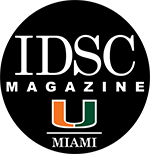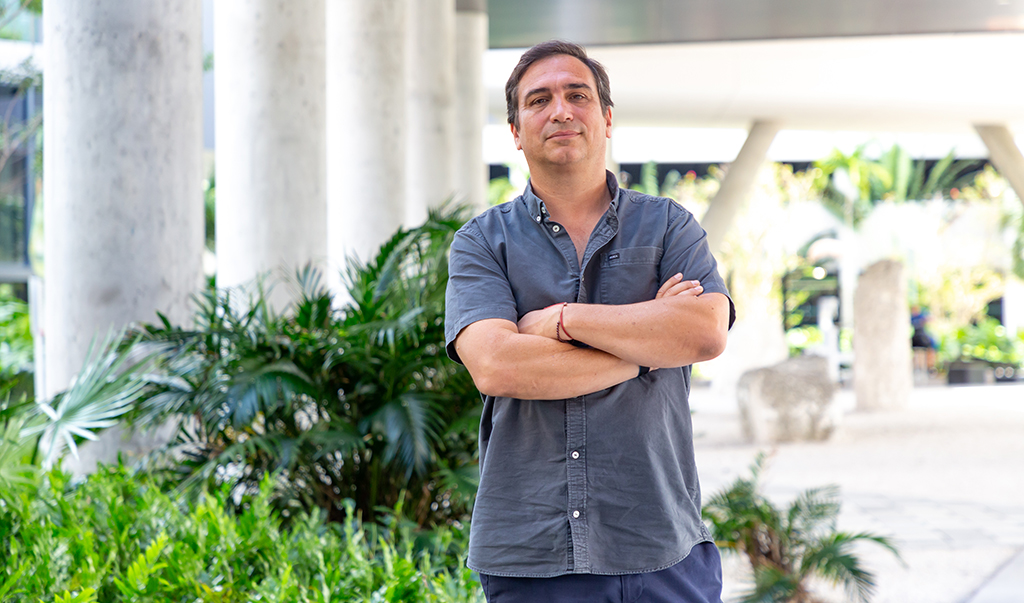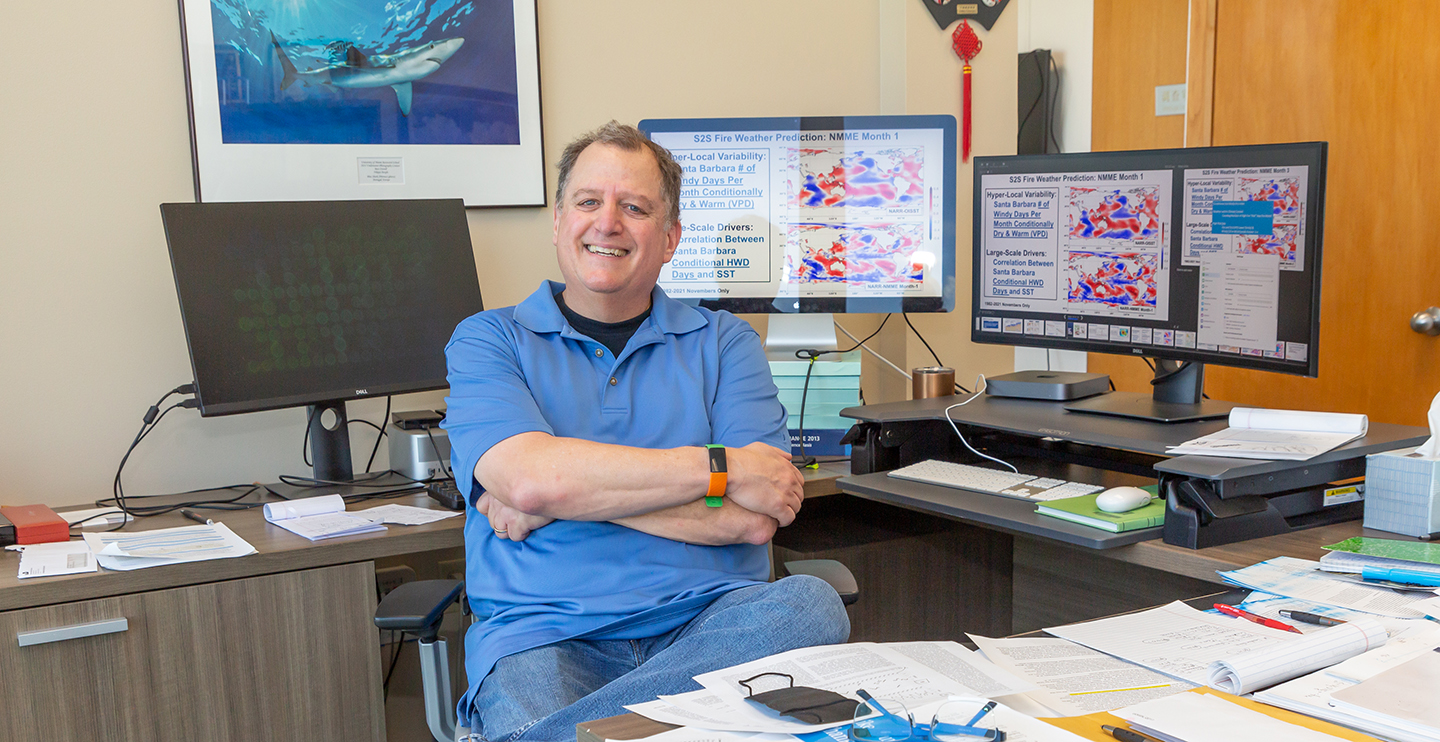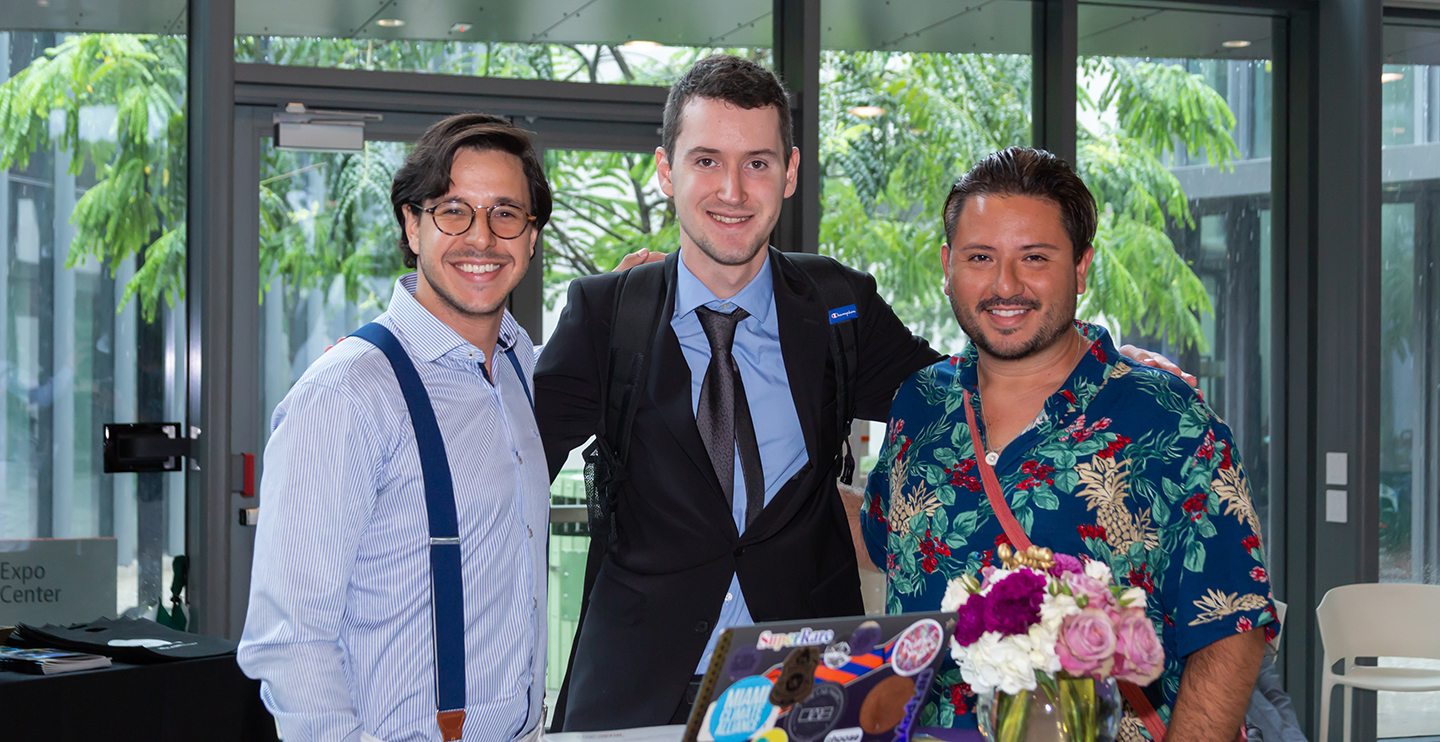Ophthalmologist Giselle Ricur, M.D., has been promoting telemedicine for decades, but it wasn’t until COVID hit in early 2020 that she started making major headway.
“The pandemic came, and we accomplished more in three months than we had in 30 years.”
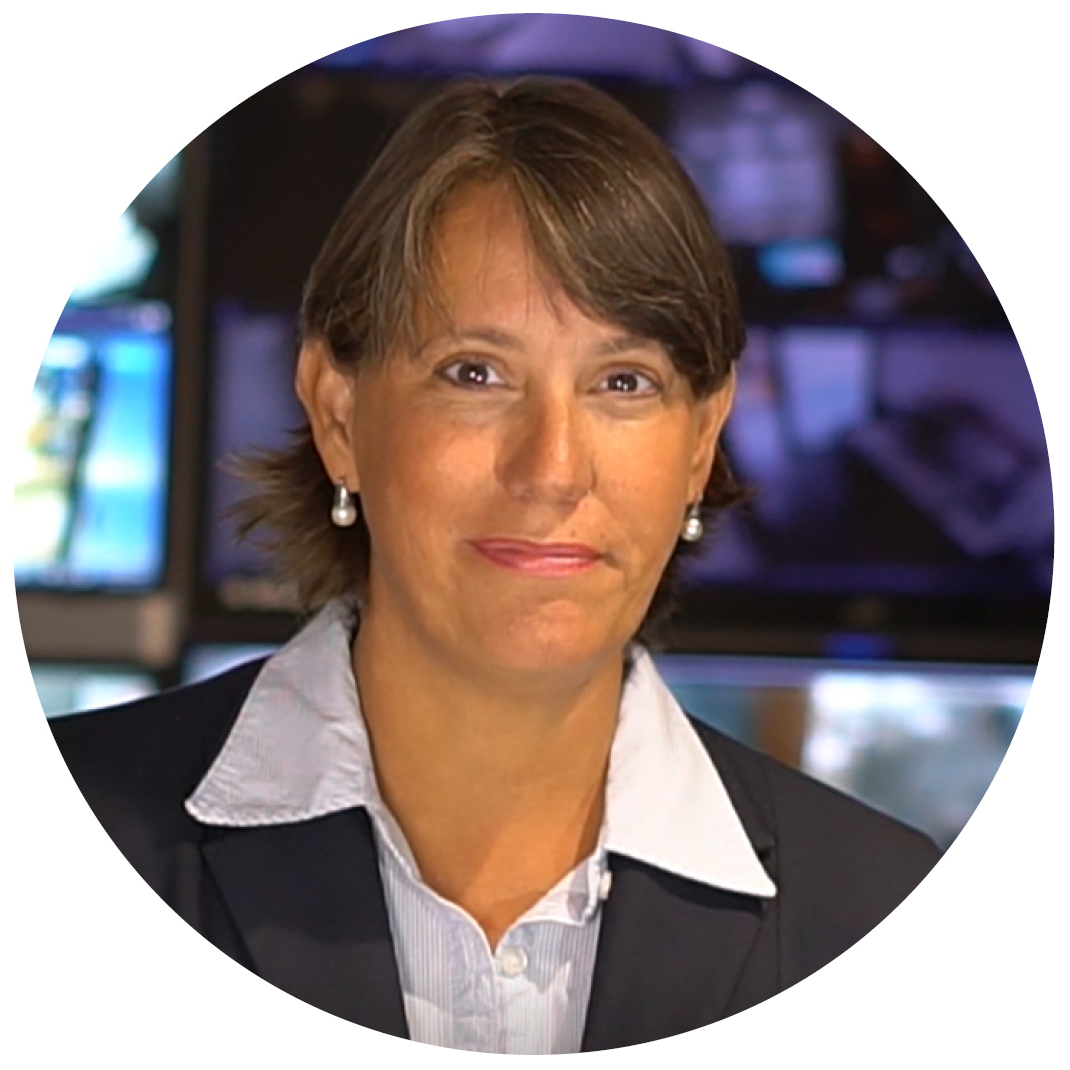 “The pandemic came, and we accomplished more in three months than we had in 30 years,” said Ricur. “The pandemic tore down barriers we had encountered before, including government regulations and the lack of insurance reimbursement. I helped many colleagues around the world get their telehealth clinics in place.”
“The pandemic came, and we accomplished more in three months than we had in 30 years,” said Ricur. “The pandemic tore down barriers we had encountered before, including government regulations and the lack of insurance reimbursement. I helped many colleagues around the world get their telehealth clinics in place.”
Now, as the executive director of virtual care at the Bascom Palmer Eye Institute, Ricur has an even bigger goal—creating a Bascom Palmer digital twin that will allow physicians, medical students, and others the ability to access immersive educational experiences almost anywhere.
The Value of Simulation
Teaching medical procedures can be a catch 22. Students must train on patients to gain real world experience; however, lacking that experience, they can make mistakes. Virtual simulations through digital learning tools can help solve this problem, allowing students to practice in realistic, low-risk settings.
“Simulation plays an important role because it provides us a risk-free environment to perform complicated procedures,” said Ricur. “It allows people to make mistakes until they master a technique.”
The digital twin project will take the
science of simulation to the next level.
That process is ongoing, as instructors can continually increase the procedure’s difficulty, helping students become adept at performing complex procedures, and addressing rare complications. One example is a very rare complication of cataract surgery called an expulsive hemorrhage. “Until a surgeon has done hundreds of these, it’s unlikely they will ever encounter the issue,” said Ricur. “But what happens if they do? Experience in the simulator can help them make the right, split-second decisions.”
Digitally Replicating a World-Leading Facility
The digital twin project will take the science of simulation to the next level, providing the full breadth of Bascom Palmer’s educational resources via virtual reality headsets or computer monitors. The program will also help UM internationalize its academic offerings.
Ricur is working with Kim Grinfeder, who directs IDSC’s Creative Technologies research focus, and others in the University’s School of Communication, as well as colleagues at the School of Architecture to create the twin, which will be part of the planned UMVerse.
“I’m starting with a blueprint, and then I’m going to start building,” said Ricur. “We’ve had architecture students scan the different areas in Bascom Palmer, such as surgical rooms, so we can create familiar training scenarios for physicians, residents, or medical students, to help them feel comfortable in the digital environment.”
The simulation will include digital equipment, to replicate examinations and procedures. In addition, the digital twin will be equipped with haptic simulators, allowing users to experience pressure, while they practice procedures. Eventually, the technology will help physicians provide remote care.
“My vision is that anything a student needs to train
will be available in the UMVerse.”
“My vision is that anything a student needs to train will be available in the UMVerse,” said Ricur. “Once they’ve validated themselves, they can go into the real world and work with patients.”
Tags: Bascom Palmer Eye Institute, Creative Technologies, Digital Equipment, Digital Learning Tools, Digital Twin, Giselle Ricur, Kim Grinfeder, Ophthalmology, Remote Patient Care, School of Architecture, School of Communication, Simulation, UMVerse
